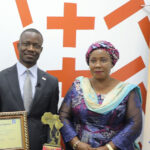
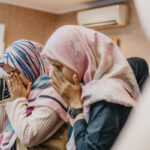
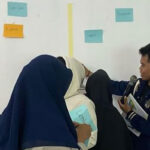
Aditya aka Dhito Raditya, a 20-year-old law student from Central Sulawesi, Indonesia, is passionate about peer mentorship and volunteering. His dedication to making a difference is fueled by the goal of ending child marriage and school dropout in his region.

There has been considerable progress in gender equality in Indonesia, yet significant challenges remain that impede women from reaching their full potential. The situation is complex, shaped by numerous factors, including culture and religion.
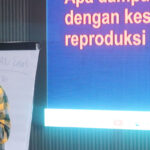
Ever since she was in college, Nisa Anisa, Ipas Indonesia’s climate change specialist, has been passionate about women’s issues.
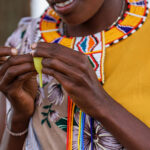
Menstrual hygiene and the climate crisis are intricately connected. Our research and programmatic experience have shown that as climate-induced extreme weather events such as droughts and floods increase, managing menstruation becomes even more challenging for women and girls worldwide.
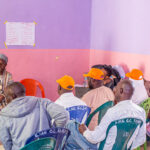
Combatting gender-based violence is a massive challenge in Nigeria, where nearly one of every three women and girls aged 15-49 has experienced physical violence, including rape and other forms of sexual violence. Ipas has developed a crucial partnership with religious leaders that’s helping to change this.
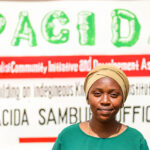
With a grant from Ipas’s Collaborative Fund, Abdiah Lalaikipian’s organization was able to make meaningful change in northern Kenya’s pastoralist communities. The Collaborative Fund approach involves designing by dialogue. Through a participatory process, we enable communities and Civil Society Organizations to design projects that best address their issues.
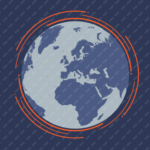
Research from around the world shows that the ability to decide when and whether to have another child helps mothers take better care of themselves and the children they already have.
The International Sexual and Reproductive Rights Coalition (ISRRC) celebrates the 30th anniversary of the International Conference on Population and Development Programme of Action (ICPD PoA) and the outcomes of its reviews and its transformative impact on the lives of women, adolescents, girls, and structurally excluded groups across all regions.
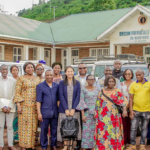
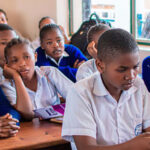
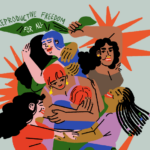
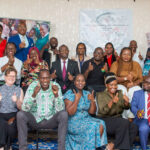
In a landmark development for the Eastern and Southern African region, parliamentarians from diverse backgrounds and countries have united under the banner of the Eastern and Southern Africa Parliamentary Caucus on Sexual Reproductive Health and Rights (ESAParc).
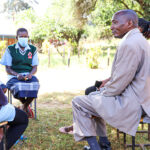
Entashata strives to bridge gaps in education, women’s rights, and reproductive health in his community in Loita. The organization’s commitment to education resulted in an annual campaign to enroll boys and girls in schools, boasting over 50 girls supported completing their secondary education.
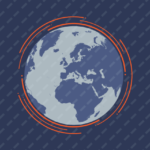
Ipas Africa Southern Region (ASR) joined the world to commemorate the International Day of the Girl Child reflecting on this year’s theme: Invest in Girls’ Rights: Our Leadership, Our Well-being.
The United Nations General Assembly on 19 December 2011, adopted Resolution 66/170 declaring October 11 as the International Day of the Girl Child, recognizing girls’ rights and the unique challenges girls face around the world.
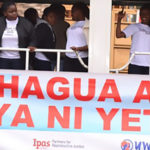
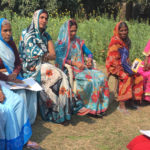
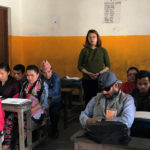
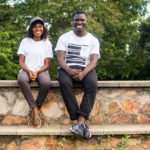
Samuel Lamptey grew up around women—he has 11 sisters. This experience has helped him understand and empathize with the issues women face, including unwanted pregnancy and unsafe abortion. “We cannot make progress if we don’t understand the issues of women,” he says.
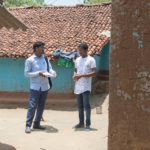
In rural villages in Jharkhand State, India, men tend to make decisions about family matters. But youth leaders—trained by Ipas Development Foundation (IDF)—are sharing sexual and reproductive health information and, ultimately, chipping away at traditional gender roles.





